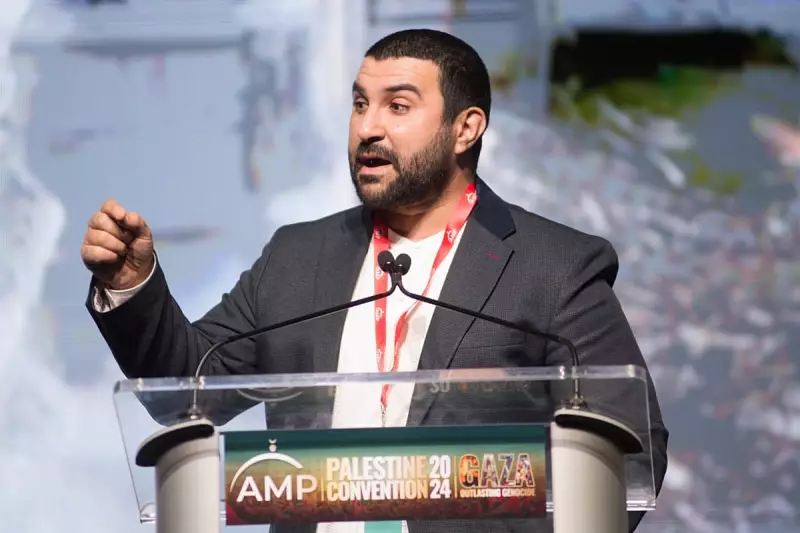
The wife of Sami Hamdi, the influential political analyst known for his commentary on Middle Eastern affairs, has spoken out for the first time about her husband's harrowing experience in US immigration detention, describing it as a "nightmare" that has left the family traumatised.
Unexpected Detention Shocks Family
In an exclusive interview, Mrs Hamdi revealed how her husband was detained by Immigration and Customs Enforcement (ICE) officials upon arriving in the United States, despite having previously travelled to the country without incident. The detention has raised serious questions about the treatment of foreign commentators and the transparency of US immigration procedures.
Concerning Conditions Revealed
According to Mrs Hamdi, her husband faced alarming conditions during his detention:
- Limited access to legal representation and family communication
- Unclear reasoning for the extended detention period
- Concerns about basic rights and treatment while in custody
- Significant impact on the family's wellbeing and sense of security
Political Commentary Under Scrutiny
The situation has sparked concerns among free speech advocates and political analysts, who question whether Hamdi's detention might be connected to his outspoken commentary on Middle Eastern politics. Mrs Hamdi emphasised that her husband has always maintained a professional approach to his analysis and expressed shock at the sudden change in his treatment by US authorities.
Family's Ongoing Battle
The Hamdi family continues to fight for clarity and justice, with Mrs Hamdi describing the emotional toll the situation has taken on their children and extended family. She called for greater transparency in immigration procedures and expressed hope that sharing their story would prevent similar situations affecting other families.
International attention is now focusing on the case, with human rights organisations monitoring developments closely. The situation highlights the complex challenges facing political commentators operating across international borders in an increasingly polarised global landscape.





